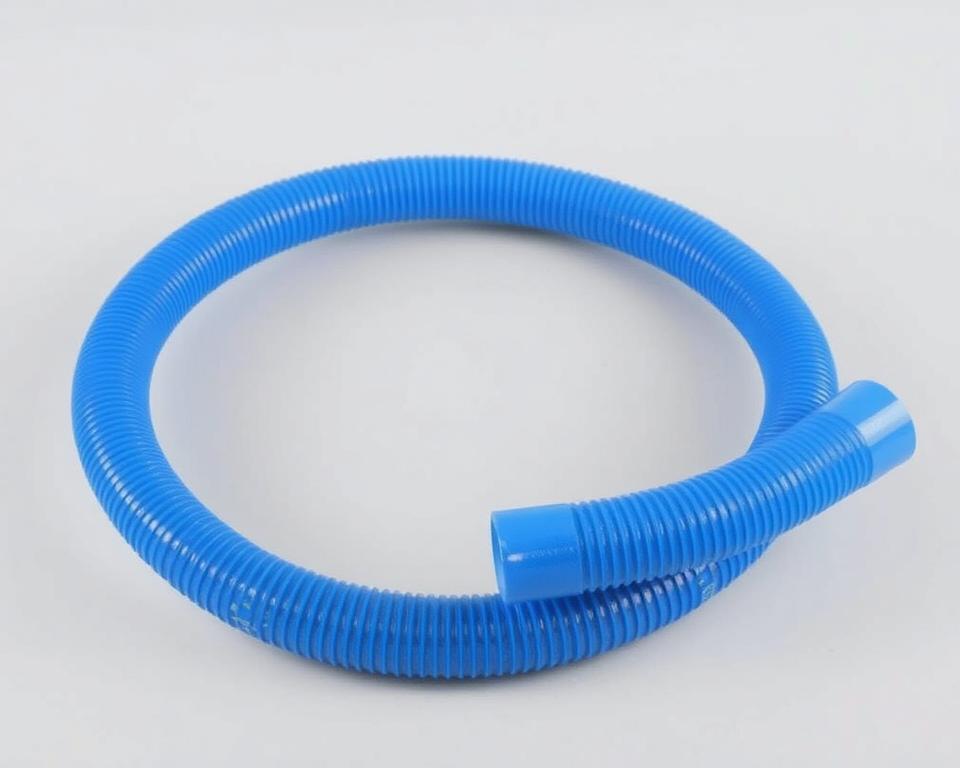Distinctive Home Cleaning Services in Las Vegas
Is your living space as pristine as it seems? In the City of Lights, achieving a perfectly clean home can be challenging. Happily, professional crews like Kokoro Cleaning Services await to aid you. They offer comprehensive cleaning options, making your home both spotless and inviting.
Whether you’re moving, need regular cleaning, or just want a fresh start, Kokoro Cleaning Services is your go-to. They stand out for professionalism, consistency, and green cleaning solutions. Such qualities distinguish them in the bustling cleaning services market.

Getting Started with Home Cleaning in Las Vegas
Home cleaning in Las Vegas has become a critical service for many. With hectic schedules, maintaining tidy homes is tough. As a result, professional cleaning services are flourishing in the region.
Vegas’s energetic atmosphere and tourism sector demand tailored cleaning. These services cover various homes, from standard to luxurious, and vacation rentals. Delivering impeccable results is imperative for local satisfaction.
Identifying a provider that matches your preferences is essential here. Whether single or with a full household, trustworthy cleaners support you. They ensure your living space remains beautiful and well‑maintained.
Why Kokoro Cleaning Services Is the Best Choice?
In Vegas’s crowded cleaning scene, Kokoro Cleaning Services stands out. They put client happiness above all else. Professionally vetted cleaners make up their trustworthy team. They protect your space and deliver superb cleaning.
Their thoroughness ensures flawless cleaning on every visit. Flexible options match your exact cleaning demands. This flexibility and planning go beyond traditional cleaning. Understanding each home’s individuality, they customize their offerings.
Using biodegradable solutions is central to their approach. This resonates with clients seeking environmentally conscious options. Depend on Kokoro for expert cleaning you can trust. They deliver clean homes without harming the earth.
Benefits of Professional Home Cleaning Services
Hiring pros for home cleaning can revolutionize your environment and lifestyle. Trusting experts in Vegas unburdens your busy calendar. Devote it to relationships, leisure, or pure relaxation. Relief from cleaning boosts mental health and home harmony.
Qualified crews wield professional-grade tools for brilliant shine. They reach overlooked nooks and crannies thoroughly. Enjoy peace knowing experts maintain your home. Specialist cleaning crafts peaceful, rejuvenating homes.
Our Home Cleaning Service Options
Familiarity with service varieties aids your decision-making. Kokoro Cleaning Services provides a suite of options tailored to different needs and lifestyles within the realm of house cleaning services Las Vegas.
Regular Cleaning Plans
If your schedule is packed, scheduled cleanings are ideal. Pick a weekly, biweekly, or monthly schedule to preserve neatness. Each session covers everyday chores, letting you unwind.
Deep Cleaning for a Thorough Refresh
Opt for deep cleaning for exceptional detail and care. It erases lingering dust and irritants from every corner. Ongoing deep cleans elevate cleanliness, air quality, and furnishings’ durability.
Relocation Cleaning
Shifting residences is demanding; our move cleaning smooths the process. This specialized service ensures that your previous or new spaces are spotless, alleviating one of the many hassles associated with moving. Settle into a sparkling clean home.
Short-Term Rental Cleaning
Vacation rental owners need prompt, thorough cleaning. We deliver efficient, reliable turnover services for rentals. You can concentrate on hospitality while we handle the spotless maid cleaning service Las Vegas turnovers.
Local Advantage in Home Cleaning
Opting for local home cleaning services can greatly improve your cleaning experience. Local expertise ensures methods suited to Vegas environments.
Kokoro Cleaning Services showcases the benefits of local knowledge. Regional experience and standards give them an edge over nationals.
Las Vegas residents often encounter specific challenges due to the climate and dust. They apply targeted methods and formulas for local conditions. This approach maximizes cleanliness while considering local environmental factors.
Client happiness and confidence come first. Community-based teams foster deeper client connections. Customers feel secure with a locally rooted provider. Yielding superior customer-focused cleaning.
Real Client Experiences
Testimonials play a crucial role in selecting a cleaner. Numerous clients post rave reviews about Kokoro. They emphasize the outstanding and consistent results delivered.
Clients regularly laud the thorough approach of staff. Residents applaud the individualized attention given.
“The crew was courteous and thorough—I’ve never seen my house so clean!”
These house cleaning service testimonials solidify Kokoro’s standing in the community. Their stellar Google and Yelp scores demonstrate their commitment. Customers decide on Kokoro buoyed by others’ experiences.
What to Anticipate with Vegas Cleaners
Booking a pro team offers a stress‑free, satisfying clean. Familiarity with the workflow ensures you get the ideal plan. They start with a walkthrough to tailor the service.
On the day of the cleaning, a team of skilled professionals will arrive right on time. They pack eco products and top tools to address every need. Clear cost estimates and no hidden fees give peace of mind. The team’s commitment to thoroughness guarantees exceptional results.
Whether it’s a routine clean or a deep clean, the goal is to surpass your expectations and leave your space spotless. Vegas residents choose them for their unwavering standards.
Green Cleaning Initiatives
We embrace sustainability through earth-safe products. Your home remains safe for all occupants. Eco-conscious cleaning enhances health and lessens footprint.
Choosing a maid service in Las Vegas that focuses on eco-friendliness supports healthier living spaces. They reduce exposure to toxins. It protects your loved ones and local environment.
To Conclude
Trusting Kokoro Cleaning Services promises an unmatched clean. We apply skill and courtesy to each job. When choosing Vegas’s best, our team centers on your comfort and trust.
Our assortment of services streamlines your cleaning regime. Thus freeing you to pursue your priorities. Engaging experts gives you a tidy home and peaceful retreat.
Find out why elite cleaning elevates your living space. Embark on a path to a neater, more pleasant environment. Trust Kokoro Cleaning Services to make cleanliness our priority.









